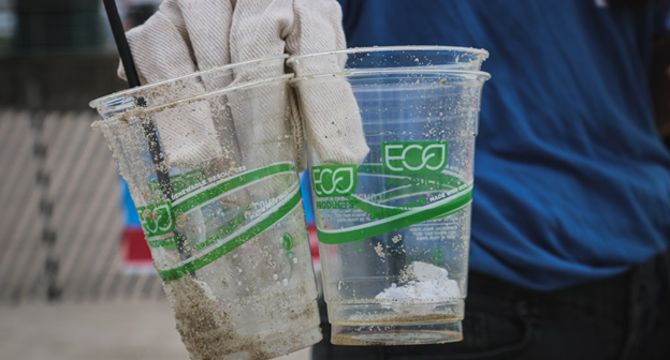Startupnation
1M
306

Image Credit: Startupnation
Beyond Greenwashing: Why Startups Need Authentic Sustainability Practices
- To build a brand identity that lasts, startups need to ensure they are authentically sustainable, according to this article. Businesses need to avoid greenwashing, where companies deceive the public into believing they are doing more to protect the environment than they actually are. This can result in fines and damage to a brand's reputation. Entrepreneurs need to take proactive steps to build an authentically sustainable business that grows without causing excessive harm to the natural world. This can include adopting advances in sustainable construction, and partnering with responsible businesses. Highlighting achievements will also build credibility.
- Supporting sustainable causes can win you the admiration of climate-conscious customers and help position your brand as eco-friendly. Finding ways to promote recycling, energy efficiency, and low-waste living may make your business eligible for tax credits and federal support, too. Understanding and avoiding greenwashing is vital, in order to build customer trust and ensure that eco-friendly changes are transparent. This article suggests that startups should explore the use of green construction methods and technology such as radiant heating and smart glass, which have low-energy alternatives to traditional heating and cooling.
- As startups grow, they will need to partner with more external stakeholders and find suppliers and PR firms. Researching businesses with a good environmental track record will help to cut down on emissions and find responsible partners. Highlighting sustainable achievements using qualitative data and long-term goals will build credibility. This article concludes that a commitment to meaningful changes, easy to track and reflecting a startup's desire to be authentically sustainable, is more likely to win loyal customers.
Read Full Article
18 Likes
For uninterrupted reading, download the app